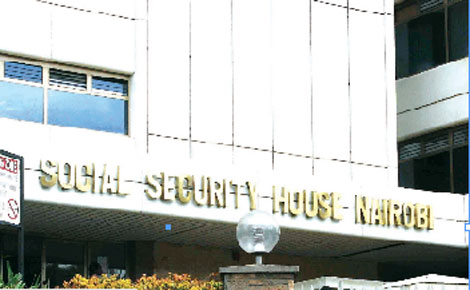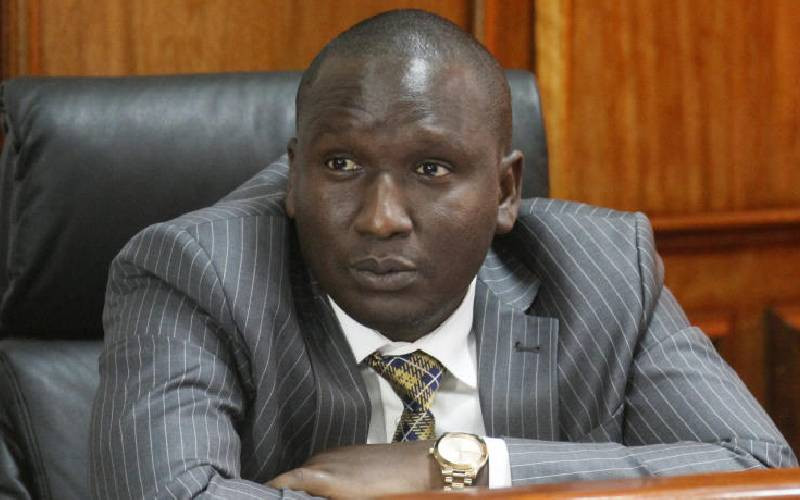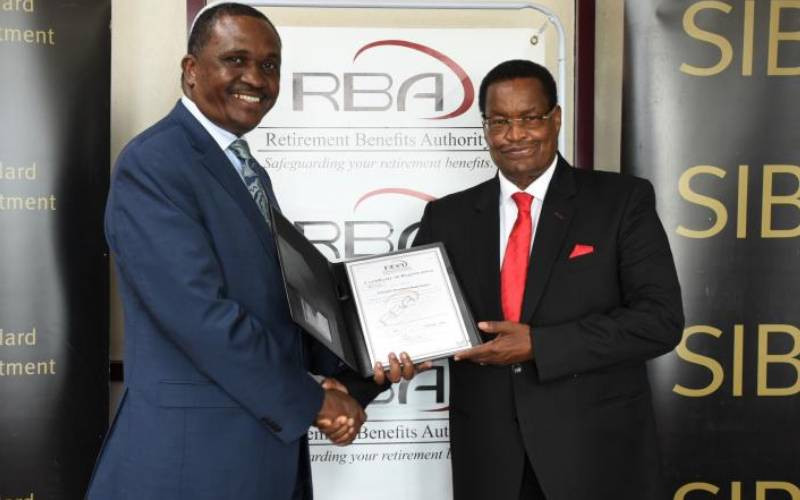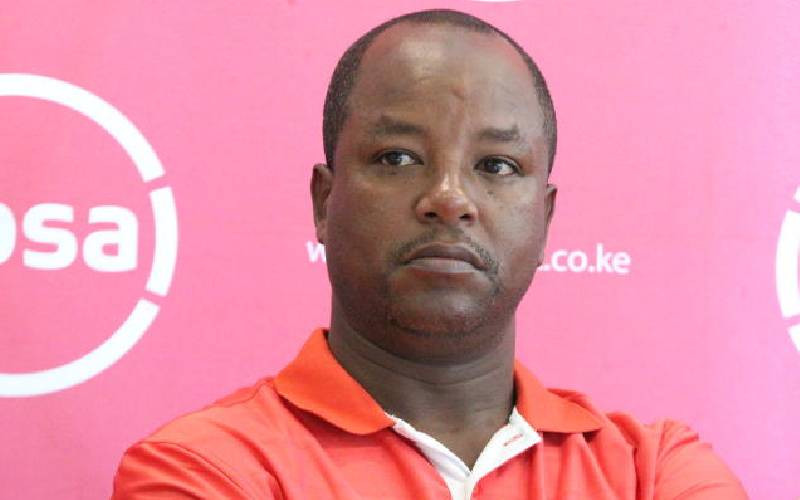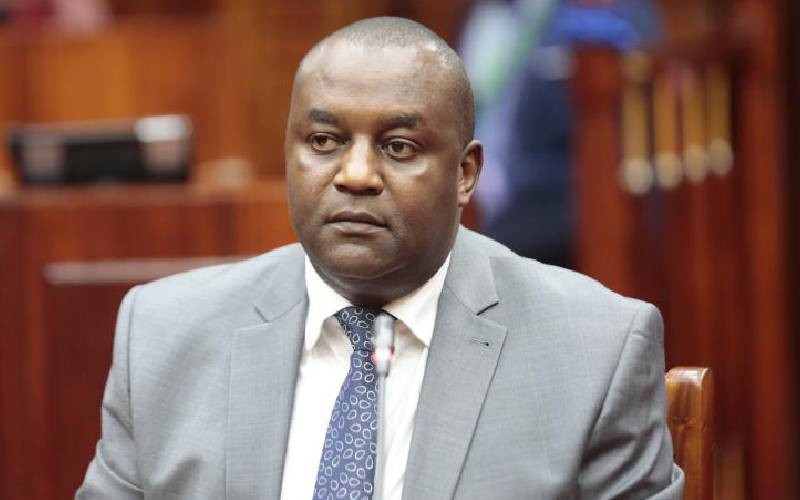By Jackson Okoth
Nairobi,Kenya:The Federation of Kenya Employers (FKE) has raised the red flag over omissions in the recently published rules and regulations, meant to operationalise the National Social Security Fund (NSSF) Act.
Upon commencement, the Act will give workers an increase of 6 per cent on the employers’ contribution, which was not negotiated. This affects all enterprises with negotiated collective bargain agreements, which contain clauses on gratuity. Gratuity is a lump sum amount that an employer pays the employee when he retires or resigns from the organisation.
“The gratuity clause needs to be ring fenced and made applicable only for the period prior to the increased NSSF rates,” said FKE Chief Executive Officer, Jacqueline Mugo.
There is a large pool of employers who are yet to renegotiate with unions on new salary levels that will reflect the new NSSF deductions, a process that requires time. While gratuity payments were lower under the old NSSF provident fund, these rates have now increased substantially. But it is not clear how employers can net off their present arrangements.
The Act is still silent on how existing provisions on gratuity will be handled despite this having been proposed by employers and other stakeholders. Employers risk being compelled to pay both gratuity and NSSF contributions over and above other pension scheme arrangements many have in place. This adds to cost of employment. The Act also punishes those working for more than one employer, the Act requiring that all those employers pay to the NSSF as if they were the sole employer.
Additional costs
The new NSSF regulations require that Retirement Benefits Authority (RBA) must be notified at least 60 days prior to application date of contracting-out. While implementation of the new NSSF Act was to commence on February 1, 2014, this was postponed to June 1, 2014. Employers protested and asked for more time to enable them comply with the new law. The list of uncompleted tasks includes adjusting the payroll, negotiating afresh with unions and signing of new collective bargain agreements (CBAs) to reflect the new rates.
“As matters stand, employers and employees find it very difficult to plan especially given the tight timelines for implementation of the contribution provisions,” said Sundeep Raichura, managing director at Alexander Forbes Limited. He adds that a particular concern relates to contracting out of making Tier II contributions to NSSF by employers who wish to exercise the option of making these contributions to their own schemes or umbrella schemes.
Corporate raiders
“Any delay in permitting employers to exercise this option will be unduly penalise them and expose both employers and employees to additional costs,” said Raichura.
FKE is not convinced that adequate engagement has taken place and that legislation must be well managed to avoid more burdens to the regulatory environment. “We have already made our submissions on areas that need clarity and amendments and hope this is will be accommodated before gazettement.”
It is still unclear whether Labour Cabinet Secretary Kazungu Kambi will yet again extend implementation of the new pension law.
This is to allow employers negotiate new collective bargain agreements with respective unions. The Retirement Benefits Authority, a crucial cog in the implementation wheel, is also yet to issue guidelines on how to opt out of Tier 2 contributions, which are not mandatory.
However, as the clock ticks to the June 1st deadline for commencement of the NSSF Act, there are fears over capacity of the new fund to take up more contributions, an outfit with a past that is littered with poor corporate governance problems, a string of corporate raiders meddling in its investment projects and political interference in its affairs.
Stay informed. Subscribe to our newsletter
 The Standard Group Plc is a
multi-media organization with investments in media platforms spanning newspaper
print operations, television, radio broadcasting, digital and online services. The
Standard Group is recognized as a leading multi-media house in Kenya with a key
influence in matters of national and international interest.
The Standard Group Plc is a
multi-media organization with investments in media platforms spanning newspaper
print operations, television, radio broadcasting, digital and online services. The
Standard Group is recognized as a leading multi-media house in Kenya with a key
influence in matters of national and international interest.
 The Standard Group Plc is a
multi-media organization with investments in media platforms spanning newspaper
print operations, television, radio broadcasting, digital and online services. The
Standard Group is recognized as a leading multi-media house in Kenya with a key
influence in matters of national and international interest.
The Standard Group Plc is a
multi-media organization with investments in media platforms spanning newspaper
print operations, television, radio broadcasting, digital and online services. The
Standard Group is recognized as a leading multi-media house in Kenya with a key
influence in matters of national and international interest.

